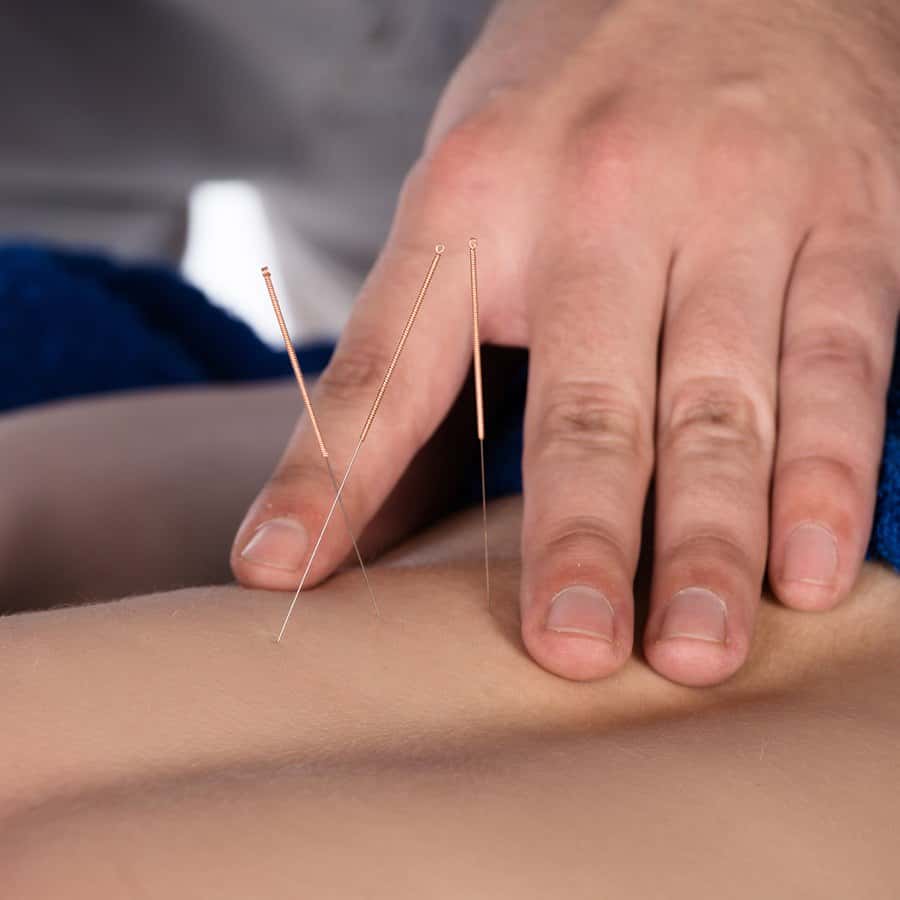
Post-traumatic stress disorder or PTSD is difficult to treat. In past centuries, soldiers who witnessed unspeakable violence or experienced terrible trauma were said to be suffering “soldier’s heart,” “shell shock” or “battle fatigue” (PTSD, US Dept. of Veterans Affairs). Early approaches to treatment prioritized a quick response so that soldiers could return to the fight.
Post-Traumatic Stress Disorder:
PTSD is not limited to soldiers or veterans. People who survive automobile accidents or plane crashes, survivors of sexual violence, those who have experienced mass shootings or individual attacks such as muggings may all experience PTSD. When people are treated for serious medical conditions, they sometimes note lingering symptoms such as reliving the traumatic event or avoiding situations that might remind them of the experience. Individuals suffering from PTSD often have negative feelings and may feel tense or hypervigilant.
How Can You Treat PTSD?
Medications are only partially effective for post-traumatic stress disorder. Moreover, many produce undesirable reactions. That is why psychiatrists have been searching for non-drug approaches that work.
Acupuncture Against PTSD:
A new study in JAMA Psychiatry provides evidence that acupuncture may offer some assistance (JAMA Psychiatry, Feb. 21, 2024). Researchers at the VA Medical Center in Long Beach, California, recruited 93 veterans with PTSD. One group got true (“verum”) acupuncture with needles to the acupuncture sites. Those in the control group received sham acupuncture (minimal needling away from acupoints). Both groups met for one-hour sessions twice a week for three to four months.
The investigators asked volunteers to fill out questionnaires called the Clinician-Administered PTSD Scale-5 at the beginning and end of the trial. This offered a quantitative way of measuring change in symptom severity. Those receiving true acupuncture had measurably more relief from their PTSD symptoms.
Learn More:
This is not the first time we have heard of nondrug approaches helping people overcome symptoms of post-traumatic stress disorder. You may wish to listen to our interview with Dr. Bessel van der Kolk, author of The Body Keeps the Score. It is Show 980: Brain, Mind and Body in Healing from Trauma. Some studies have turned to unconventional pharmacologic entities such as ecstasy.
Citations
- Hollifield M et al, "Acupuncture for combat-related posttraumatic stress disorder: A randomized clinical trial." JAMA Psychiatry, Feb. 21, 2024. doi:10.1001/jamapsychiatry.2023.5651

